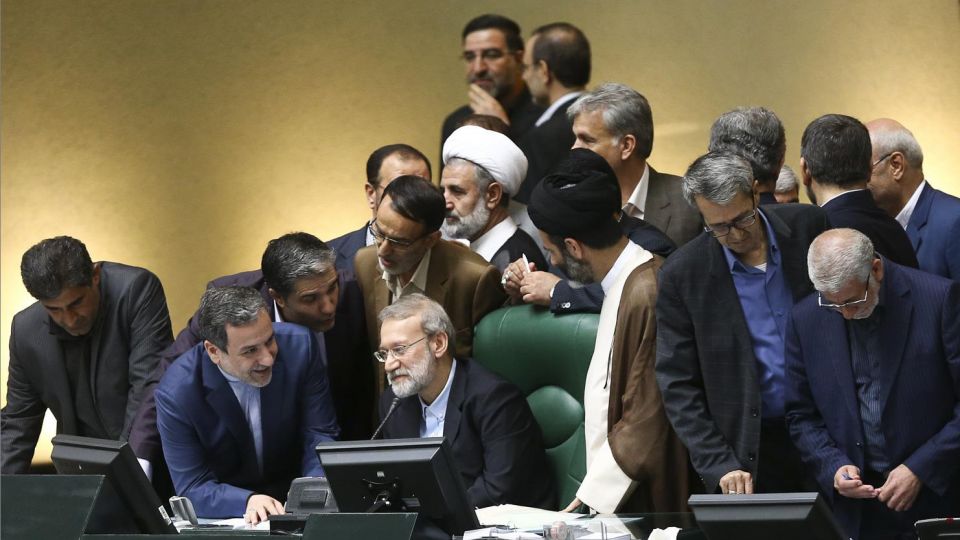February 22, 2019
Due to an unfortunate series of events, Pakistan finds itself in a tricky position.
While India is ratcheting up tensions in the aftermath of the Pulwama bombing, the targeting of the Iranian Revolutionary Guards, also known as the Pasdaran, in Sistan-Baluchestan province that borders our own Balochistan a day before the incident in India-held Kashmir, has also led to Tehran pointing fingers in this direction.
A senior commander of the Pasdaran has said that the suicide bomber that targeted the Guards’ bus was a Pakistani, as were two of the facilitators of the attack. While Pakistan has condemned the targeting of the Pasdaran, Tehran needs to refrain from hurling accusations against Pakistani authorities without solid proof. There needs to be an investigation involving both nations so that the perpetrators of this tragedy can be brought to justice. Iranian military commanders’ talk of ‘hot pursuit’ inside Pakistan is totally unacceptable as this country’s sovereignty must be respected.
It is a fact that cross-border attacks are amongst the biggest irritants standing in the way of better Islamabad-Tehran relations.
Indeed, Sistan-Baluchestan is often described as ‘restive’, as militant groups such as Jundallah and its successor Jaish al-Adl — that is believed to have carried out the latest attack — have led a low-level insurgency against the Iranian government in the province, based on ethnic nationalism and sectarian jihadi rhetoric. What is problematic from this country’s point of view is that these anti-Iran militants are believed to find shelter in the borderlands between Pakistan and its western neighbour. Therefore, from the standpoint of internal security and bilateral relations, it is in both countries’ interest to work together to defeat such groups.
There are precedents that working together can produce positive results in the fight against militancy. For example, Pakistan helped recover a number of Iranian border guards kidnapped last year by Jaish al-Adl, while there have been high-level bilateral exchanges between the civilian and military top brass of both countries focusing on security. This is a volatile time for Pakistan and the entire region, with non-state actors playing a destabilising role where state-to-state relations are concerned. Therefore, defeating militancy requires a regional, coordinated approach.
Pakistan and Iran must use diplomatic channels to address this sensitive issue, and in particular, Iran should refrain from making accusations publicly. As has been proven in the past, cooperation can deliver the goods where the fight against militancy is concerned.


